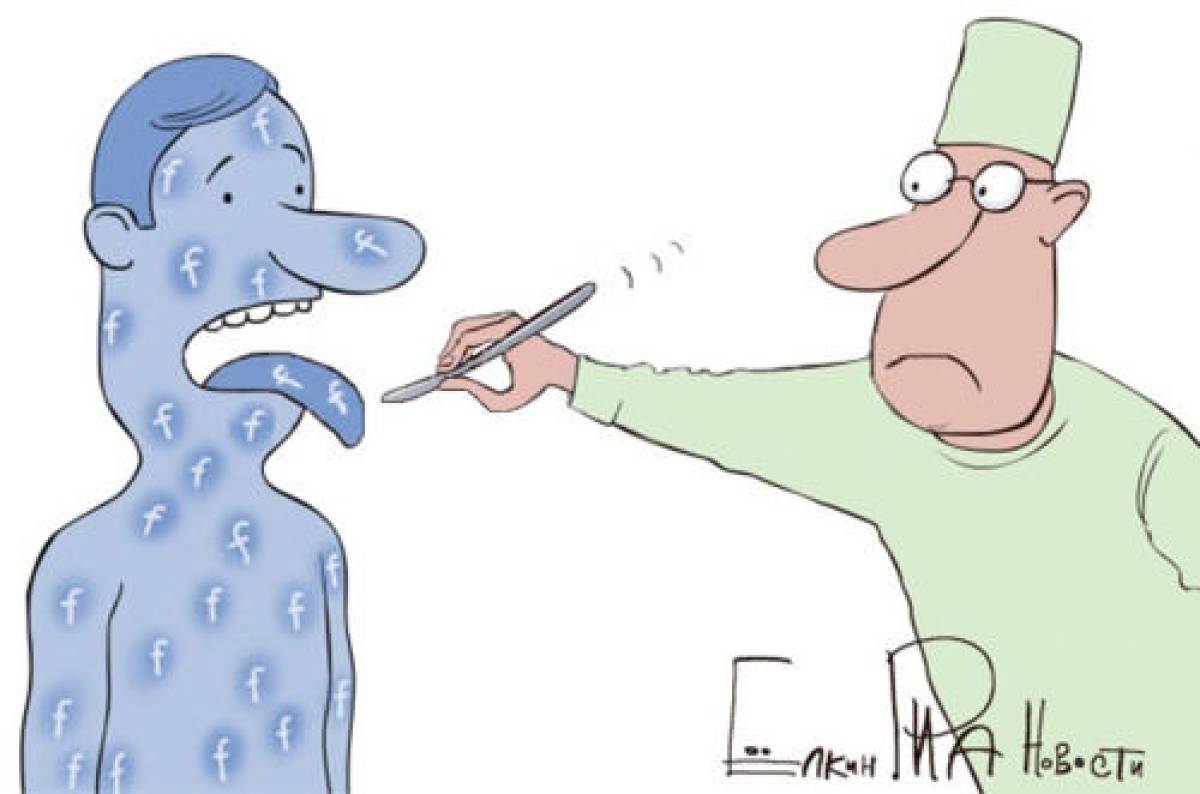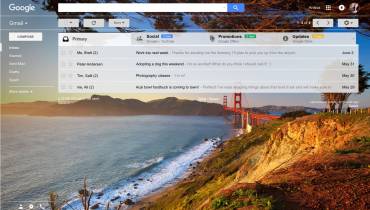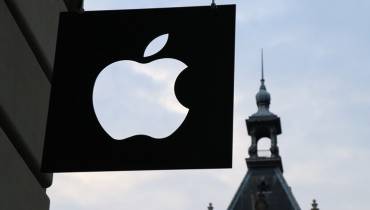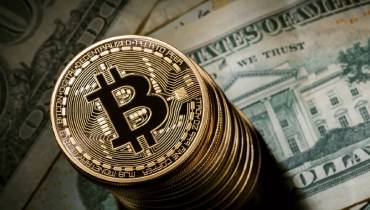Beware Facebook Addiction Is Real. It's Similar to Cocaine Addiction

“Every form of addiction is bad, no matter whether the narcotic be alcohol or morphine or idealism.” – Carl Jung
With roughly 3 billion monthly active users as of the second quarter of 2023, Facebook is still the most used online social network worldwide.
Users spend huge chunks of time on the platform engaging in Facebook activities like updating statuses, posting photos, commenting, and ‘liking’ posts. Most people are so engrossed on the platform that they wouldn’t even notice they are addicted to the giant social media network.
But, Facebook has become so prevalent that addiction to the world's largest social network is a pandemic that academics say affects our brain in a similar way to cocaine addiction.
Facebook Addiction Affects the Brain Similar to Cocaine Effects
You could be sitting in a meeting at work, at the movies with friends, or at the dinner table with your family and you’re constantly itching to check your Facebook feed. With fingers twitching like a drug addict, you find yourself reaching for your pocket for the tenth time in an hour.
You’ve just got to know: did your favorite Facebook page post a new update? Did anyone comment on your new profile pic yet? Have you gotten any likes on your clever status update? You’ve even mastered the art of stealing subtle glances at the screen before anyone notices that you’re checking your Facebook feed again. You simply can’t stay off the site.
According to Professor Ofir Turel of California State University, this behavior is so common today that it may show up in brain scans of those who can’t stay off social media. The compulsive behavior affects the grey matter in the brain in a similar way that cocaine does, although without the impaired inhibition found in the drug-addicted brains.
“The impulsive system can be thought of as a car’s accelerator, while the inhibitory system can be likened to a brake,” explained Turel. “In addictions, there is very strong acceleration associated with the impulsive system often coupled with a malfunctioning inhibitory system.”
As a result of acceleration associated with the impulsive system, some Facebook addicts responded to Facebook stimuli faster than they do to road signs, as per a study published in Psychological Reports: Disability and Trauma.
“This is scary when you think about it, since it means that users might respond to a Facebook message on their mobile device before reacting to traffic conditions if they are using technology while on the road,” said Turel, the study co-author.
How Social Media Sites Hook Users Leading to Addiction
According to Nir Eyal, a startup founder and author of "Hooked: How to Build Habit-Forming Products, social networking sites like Facebook "hook" people using four elements:
- A trigger, such as loneliness, boredom, or stress
- An action, such as logging in to Facebook
- An unpredictable or variable reward, such as scrolling through a mix of juicy and boring tidbits in the news feed, and
- Investment, which includes posting pictures or liking someone's status update,
Fortunately, it is much easier to quit your Facebook addiction, research suggests. If you are a compulsive Facebook user, and you now recognize it's causing problems in your life, it's time to cut back on social media so you can focus your attention and energy on more important things.
Tips to Beat Facebook Addiction
Here are some tips and key steps to beat Facebook addiction so you take back control of your life:
1. Remove fake friends
Do you really need to keep in touch with classmate acquaintances from years ago?
2. Unsubscribe from notifications
Notifications are very distracting, especially if you check Facebook every time you get one.
Modify how, when, and what notifications you receive from Facebook, or just turn push notifications off altogether on your mobile device.
Without push notifications enabled on your phone, you won’t feel the strong need to check each and every notification as it comes in.
Social media push notifications on your mobile device are a big distraction and a waste of time. Just check notifications later on your computer. They’ll still be there.
3. Uninstall Facebook Messenger feature
Sometimes we can’t say no to chatting with friends online. Prevent the temptation by getting rid of Facebook Messenger.
Go to Settings. Open Applications Manager. Select Messenger, and just uninstall the Messenger app on your mobile device.
You will free a huge chunk of your time to do other more meaningful and productive tasks.
4. Deactivating your Facebook account
Still feel the constant urge to check Facebook? Perhaps it's time to take a break from Facebook for a while. In this case, a vacation from social media may be in order.
Remember, when you deactivate you Facebook account, your data is still saved so you can always reactivate in the future.
5. Delete Facebook completely
Oftentimes, Facebook can get in the way of real life and cause real harm, including addiction and spread of fake news and other harmful content.
To curb extreme cases of Facebook addiction and other ills on the platform, just delete the app completely. Rather than ‘like’ an event in someone’s life, why not just BE a part of their life?
Warning: this option will permanently delete your profile and you may not recover it. However, it may be a permanent solution to the myriad of Facebook problems brought about by obsessive and compulsive social media use.
Steps to Beat Facebook Addiction (Inforgraphic)
Here’s a useful infographic that highlights tips and how you can beat Facebook addiction, detox from social media, and rewire your brain to focus on other more meaningful and productive activities.

Featured Image Credit: Voices from Russia.




















